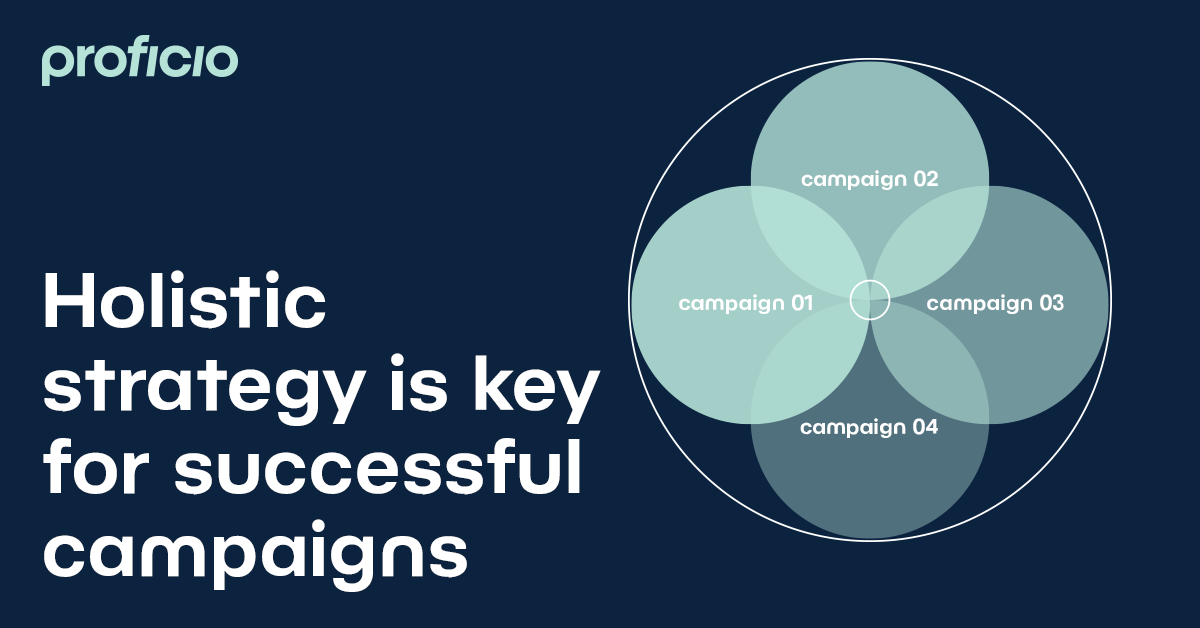Strategic Campaign and Ad Group Structuring
To maximize the efficiency and relevance of your campaigns:
1. Campaign Consolidation:
If you have multiple campaigns that share the same goal, consolidate them into one. This not only streamlines management by reducing the number of campaigns but also improves data integrity for smart bidding. By consolidating the campaigns with the same goals, don’t worry about campaign-level assets relevance as you can set these assets at the ad-group level within the new consolidated campaign. This approach simplifies asset management and ensures that specific targeting and optimization tactics are applied more coherently.
2. Dynamic Keyword Insertion:
Use dynamic keyword insertion in your ads to maintain relevance while consolidating more ad group-level data. This technique automatically updates your ads with the keywords in your ad group that triggered the search, helping to improve click-through rates and ad relevance. Also, DKI increases ad strength which can have an impact on the ad auction.
For example, we saw an increase in CTR by 19 % for one of our clients thanks to more relevant ads after implementing DKI.

Also, it is best to use the maximum number of ad text assets and leave them unpinned. That way, you are helping Google to learn what asset combinations perform the best.
3. URL-Based Ad Group Structuring:
Organize your ad groups based on URLs. Place all keywords targeting the same URL into the same ad group to enhance smart bidding’s effectiveness by helping it understand the theme of the ad group.
4. Keyword-Level URL Targeting:
For extra relevancy, use keyword-level URLs. This allows you to direct users to the most relevant landing page based on the specific keyword, improving user experience and potentially increasing conversion rates.
5. Broad Match Keywords:
In our experience, broad match keywords have been the most effective within a holistic search strategy. Broad match is the only match type that leverages AI signals, taking into account the other keywords in the ad group and the user’s search history. This aids in better estimating the likelihood of conversion. Keep in mind the broad match type is most effective when combined with smart bidding strategies – maximum conversions (optionally with tCPA) and maximum conversion value (optionally with tROAS).
These settings help with fully unlocking the potential of broad match keywords. With one of our clients, we saw an opportunity to scale the campaigns and implement the holistic strategy. After fine-tuning the structure, we saw a 24.7% increase in conversions YoY in Q1 2024 while maintaining the same ROAS.






